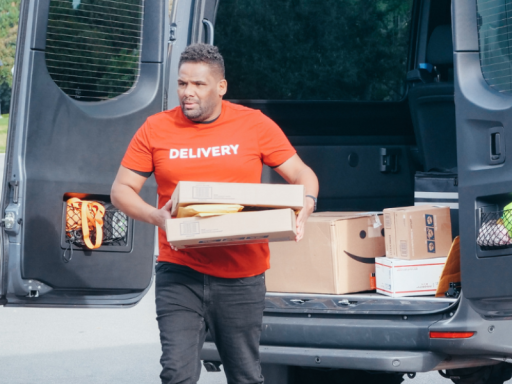Your employer has specific duties to protect you as a lone worker, so talk to them if you have concerns. This also applies if you're working for them as a contractor, a freelancer or are self-employed.
When things go wrong, we often turn to those around us for assistance. However, as a lone worker, you may not have that luxury and therefore need to be prepared.
👉 Maybe you’ll be exposed to work-related road risks, or perhaps violence. Maybe you’ll be working in an isolated, rural area or be dealing with stressful calls. All of these things should be considered by your employer and they should keep in touch with you regularly to make sure you are navigating them safely.
Training and Advice
Your employer should provide you with relevant training to equip you for dealing with the risks that may arise. By understanding fully what your role entails and which risks you may be faced with, you can mentally prepare so that you have a plan of action should something happen.
If you might meet with unexpected violence in your work, embrace conflict management training – how to respond calming but firmly, how to use your body language and who you should call if the situation escalates.
If you are exposed to risks on the road, as a driver, get to know your vehicle inside out, plan your journeys and have numbers on hand that you can call on to report accidents and gain support.
Know when to ask for help
Being a lone worker means you may already have an independent spirit, well suited to dealing with adversity alone. But being a lone worker does not mean handling everything with no help. Knowing when to reach out, before a situation becomes too difficult to resolve, is an important skill to master.
👉 Know your own strengths and recognise what you can reasonably cope with. Asking for support is not a sign of weakness, and communicating with your employer is vital in making sure you remain safe and you get the job done well.
If you're concerned about health and safety risks to you as a lone worker, talk to your employer, a manager or supervisor, or a health and safety representative.
💡 If you are an employer who needs to assess your staff’s lone working, and need support to ensure you are covering all of the bases to keep them safe, get in touch with us.
abarrett@whatnosafety.co.uk | 01722 326 390 | https://www.whatnosafety.co.uk

